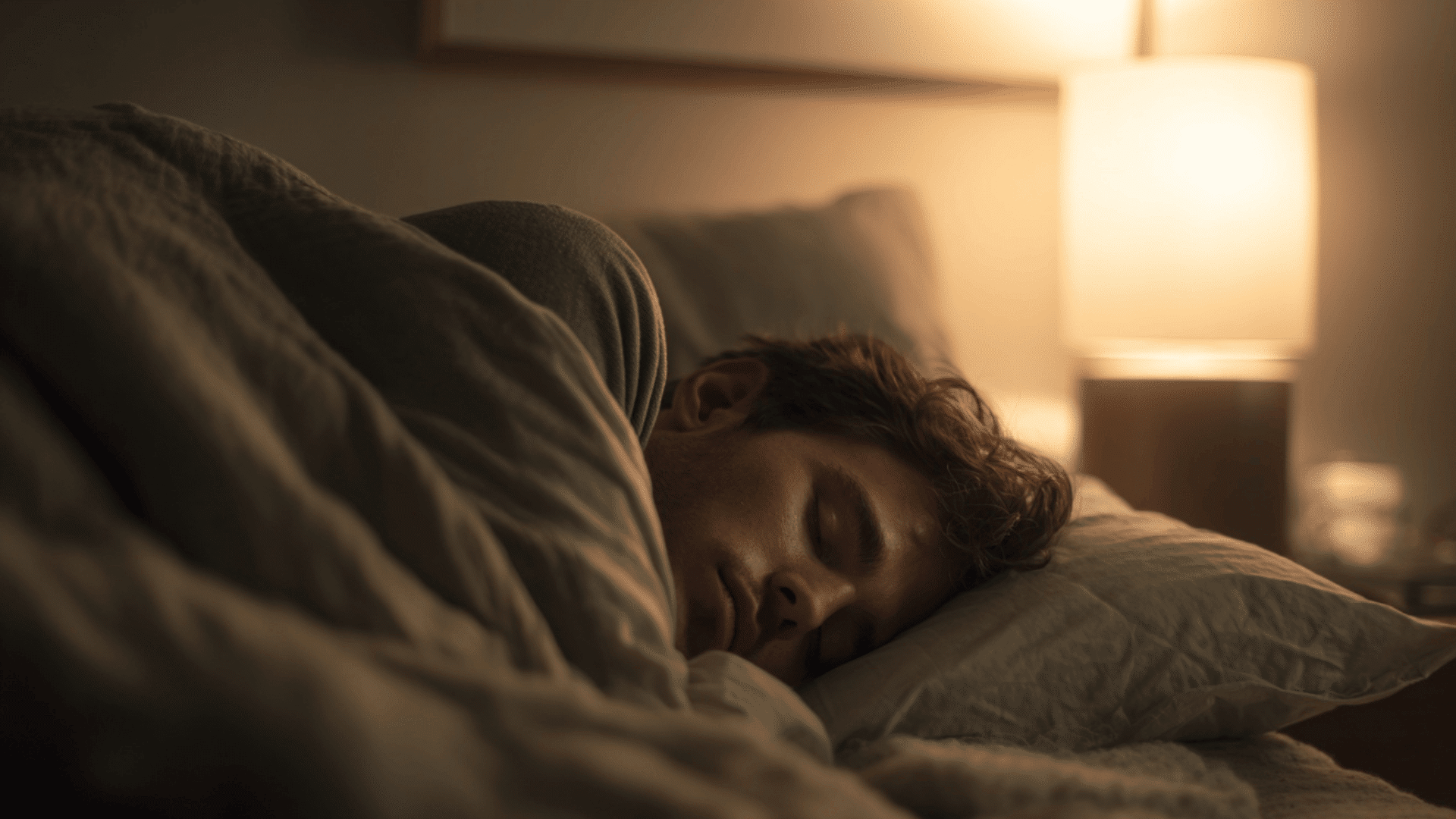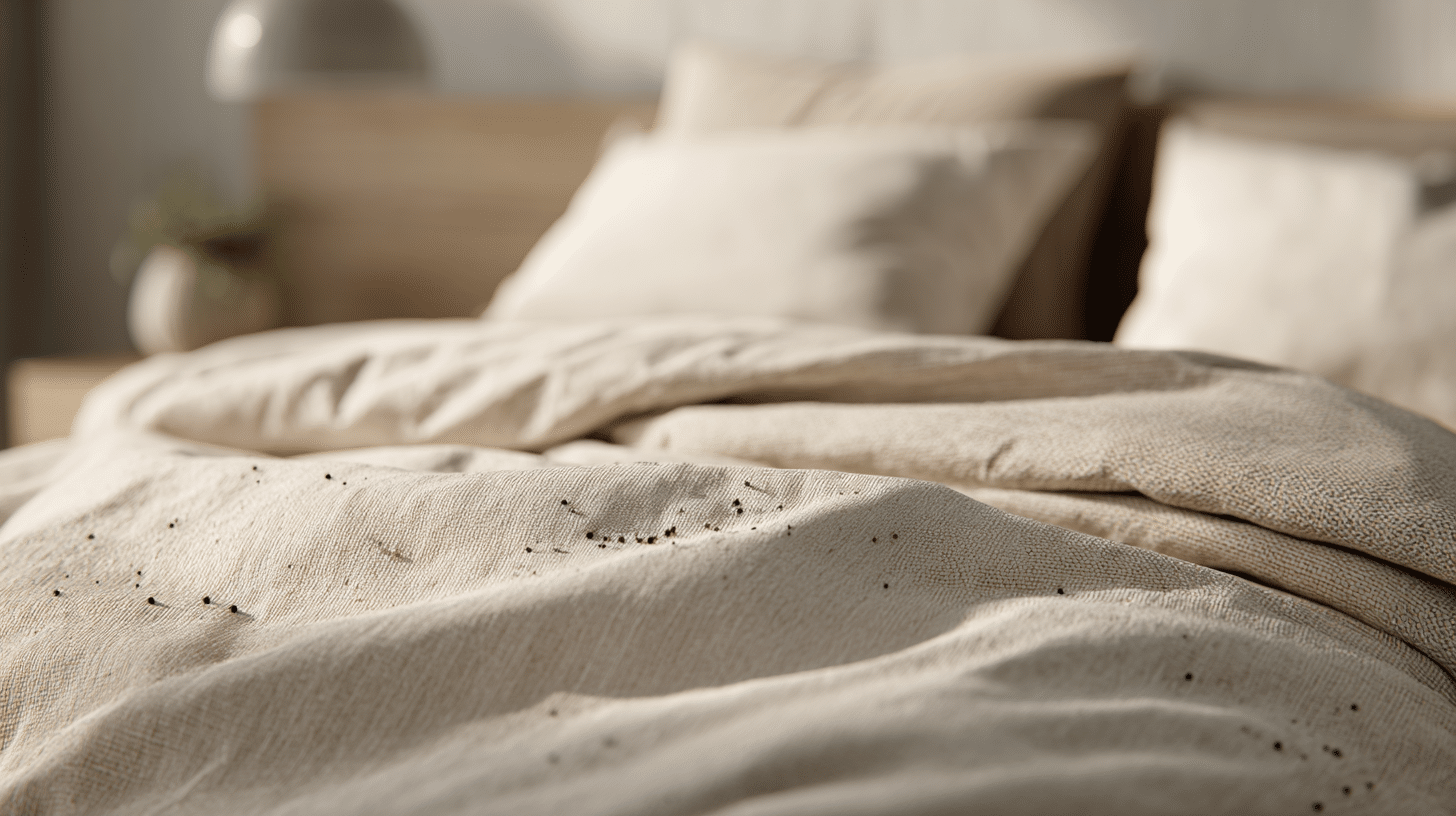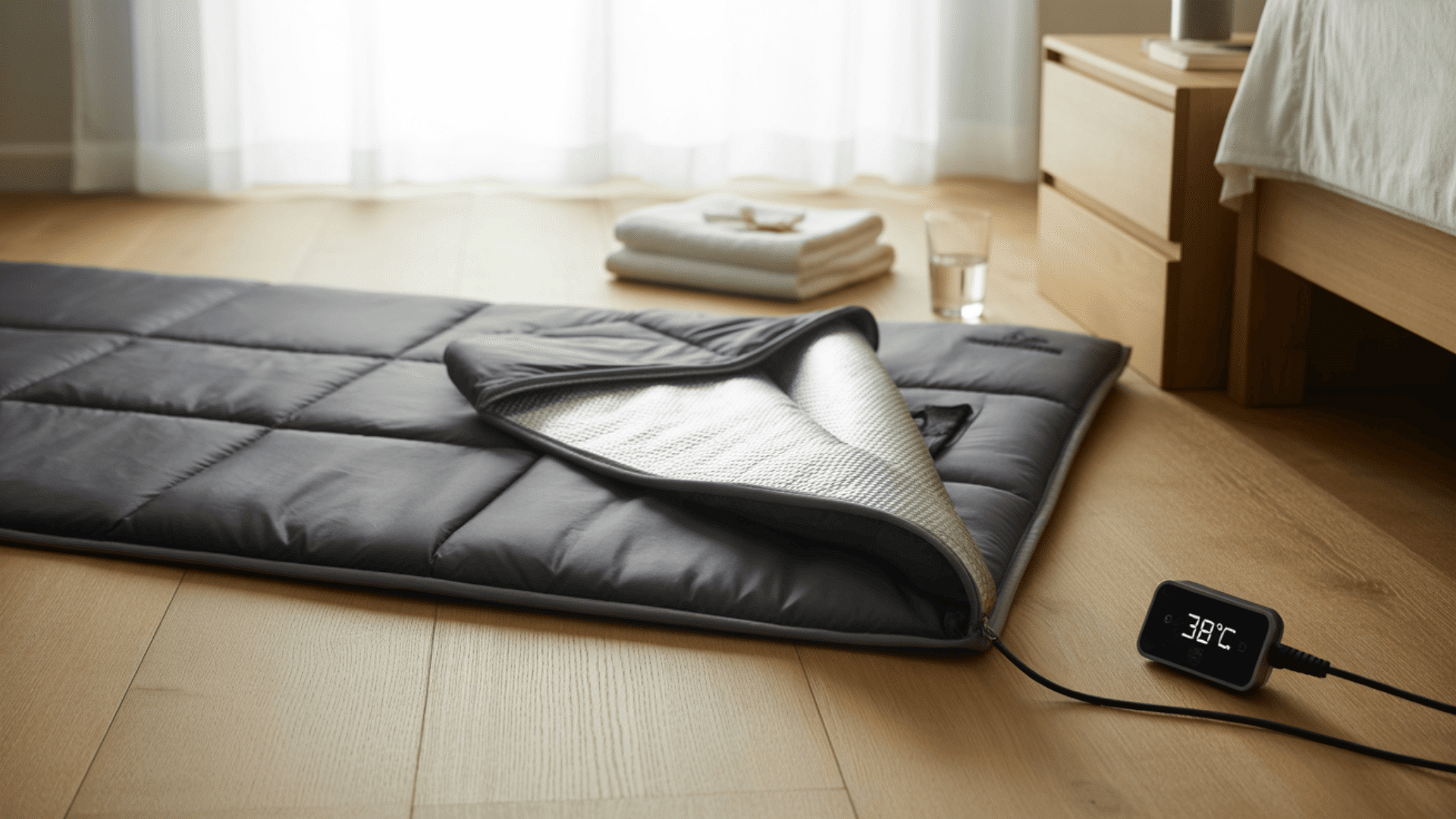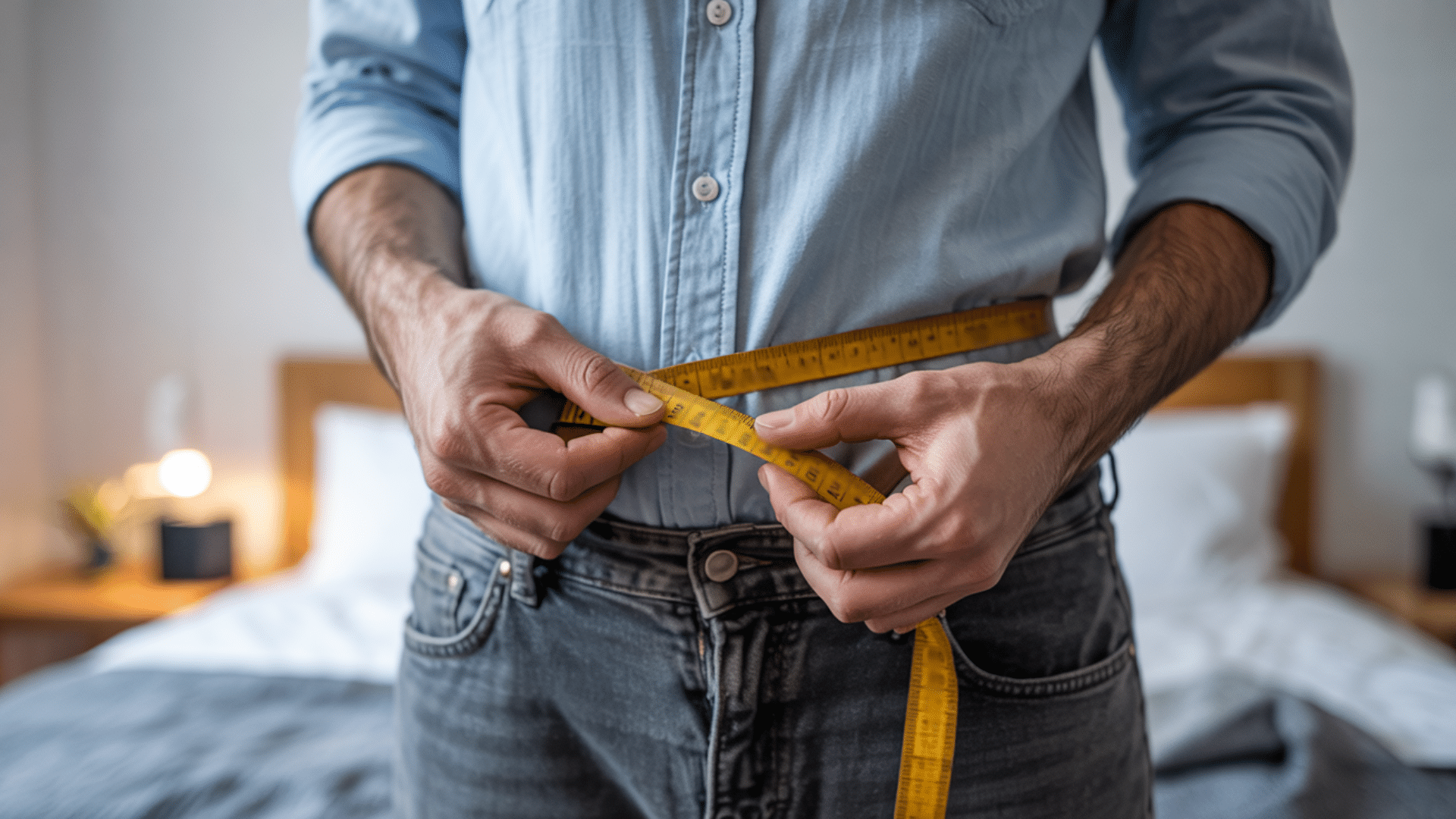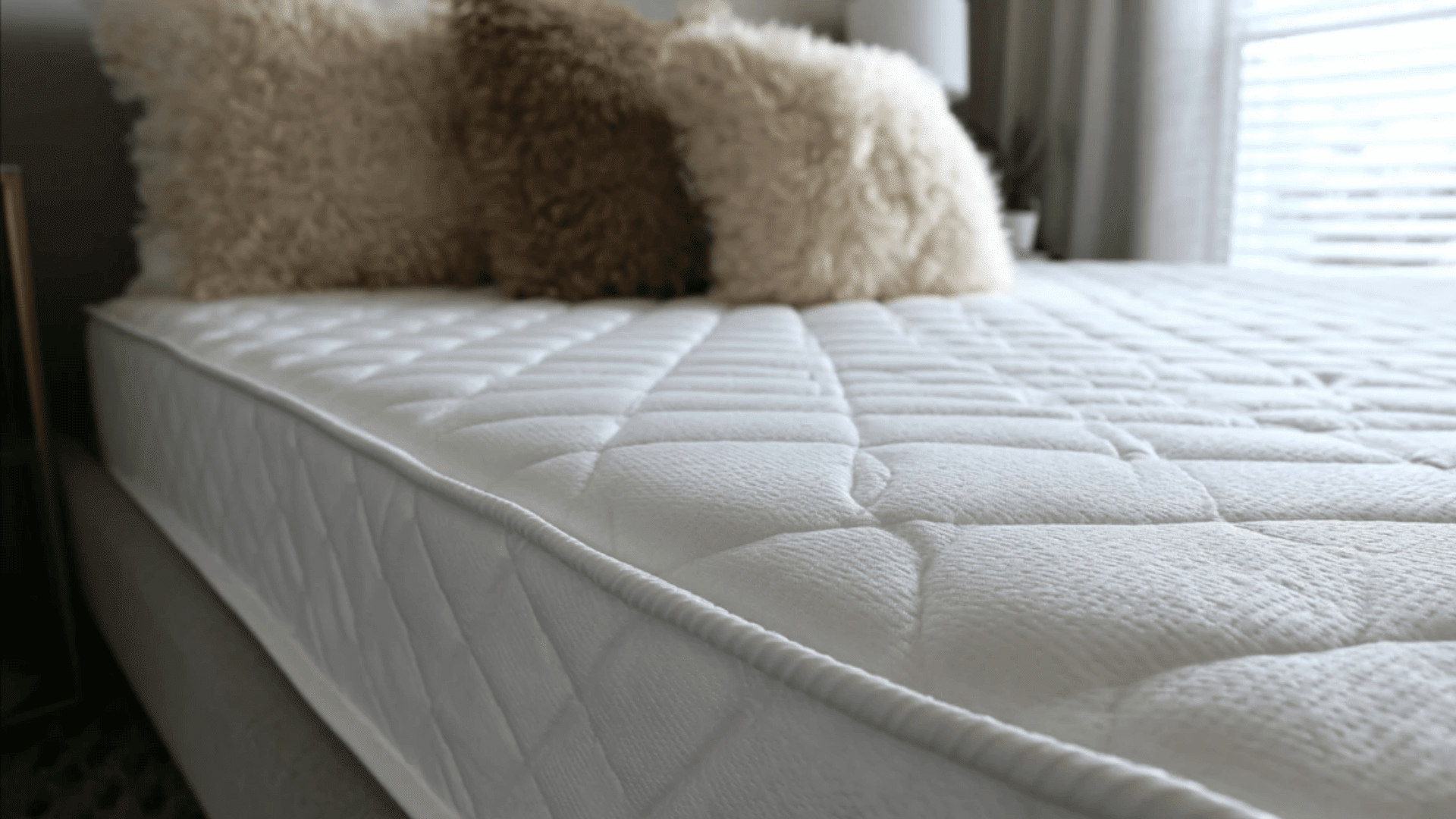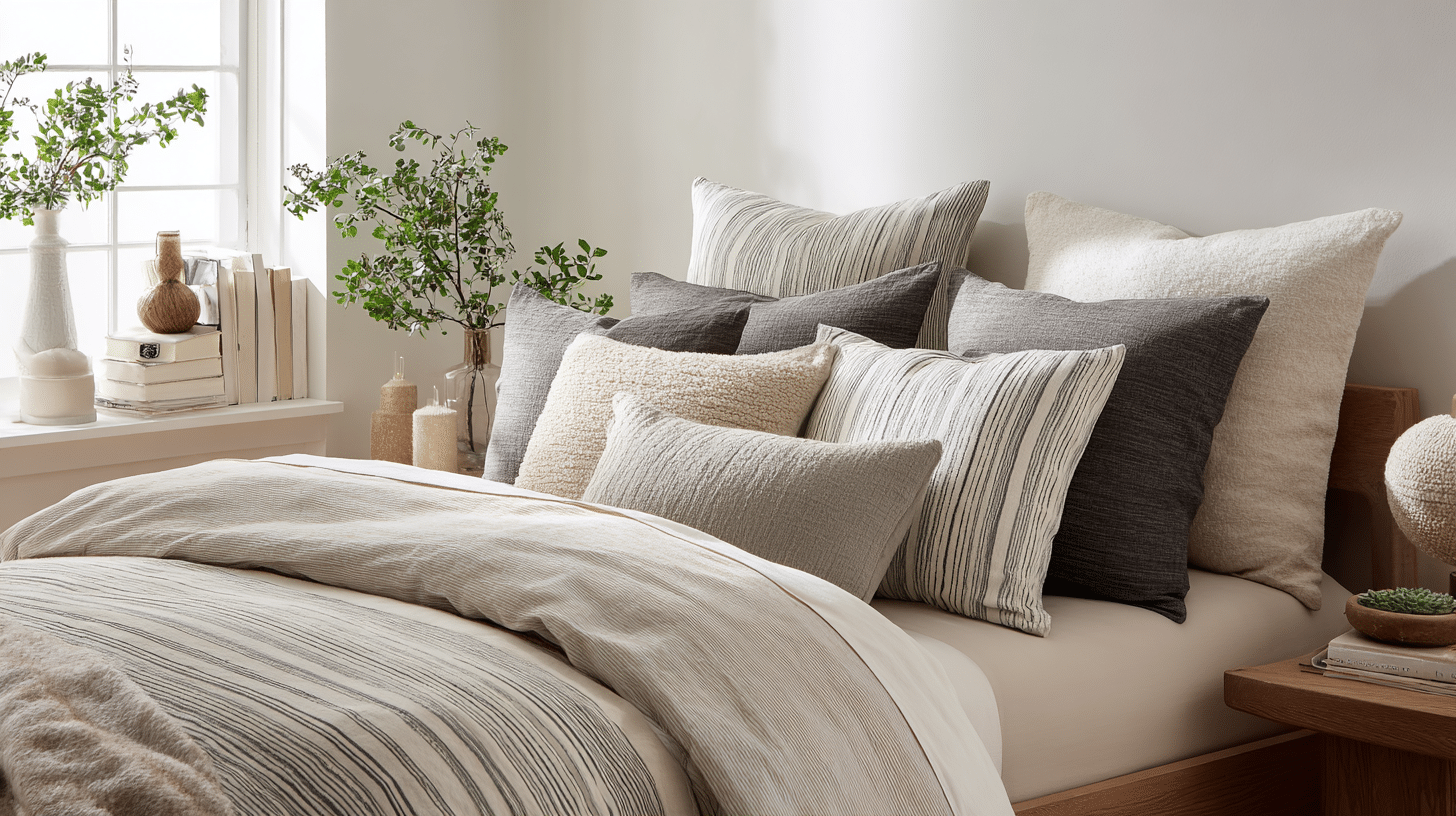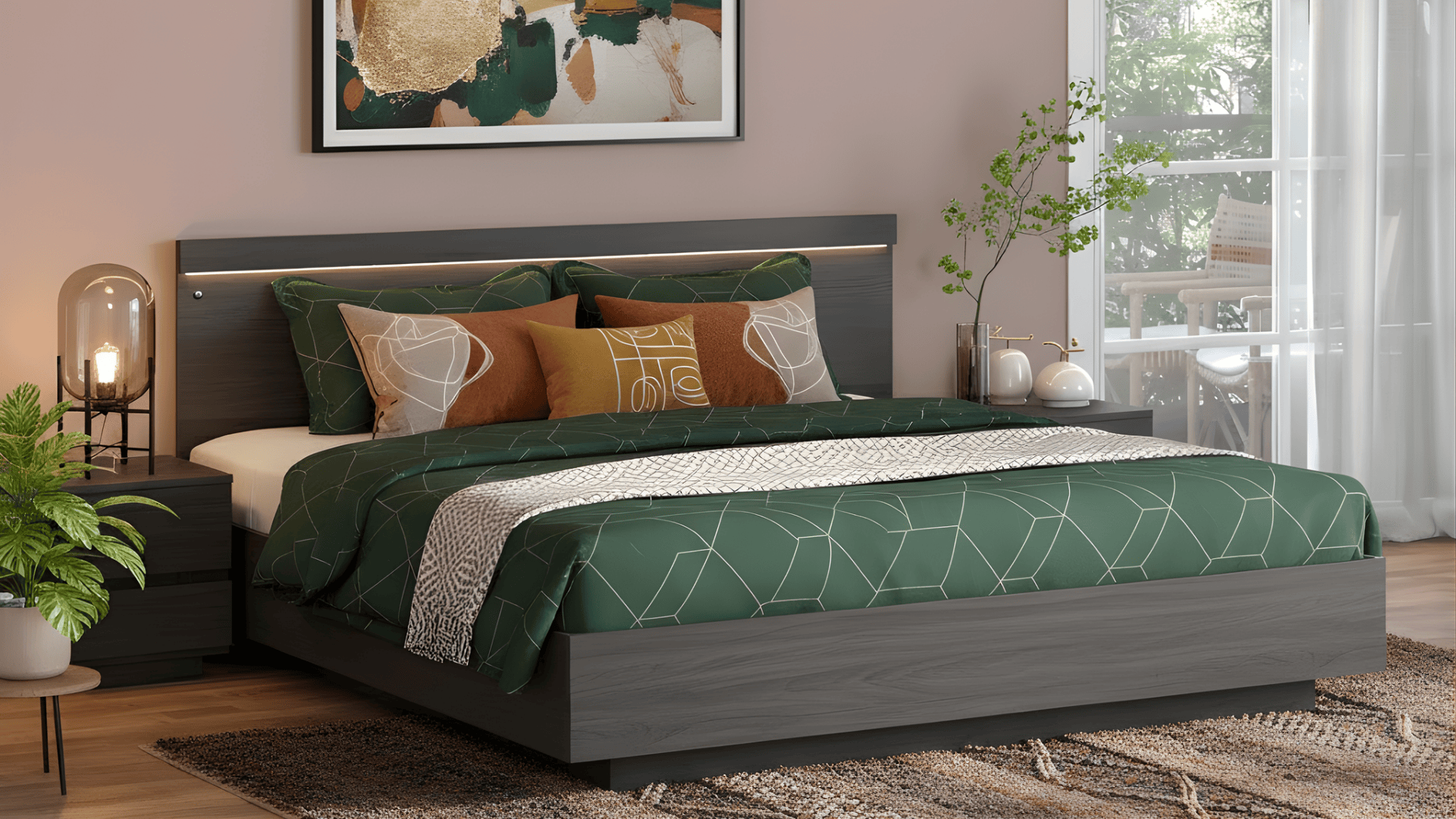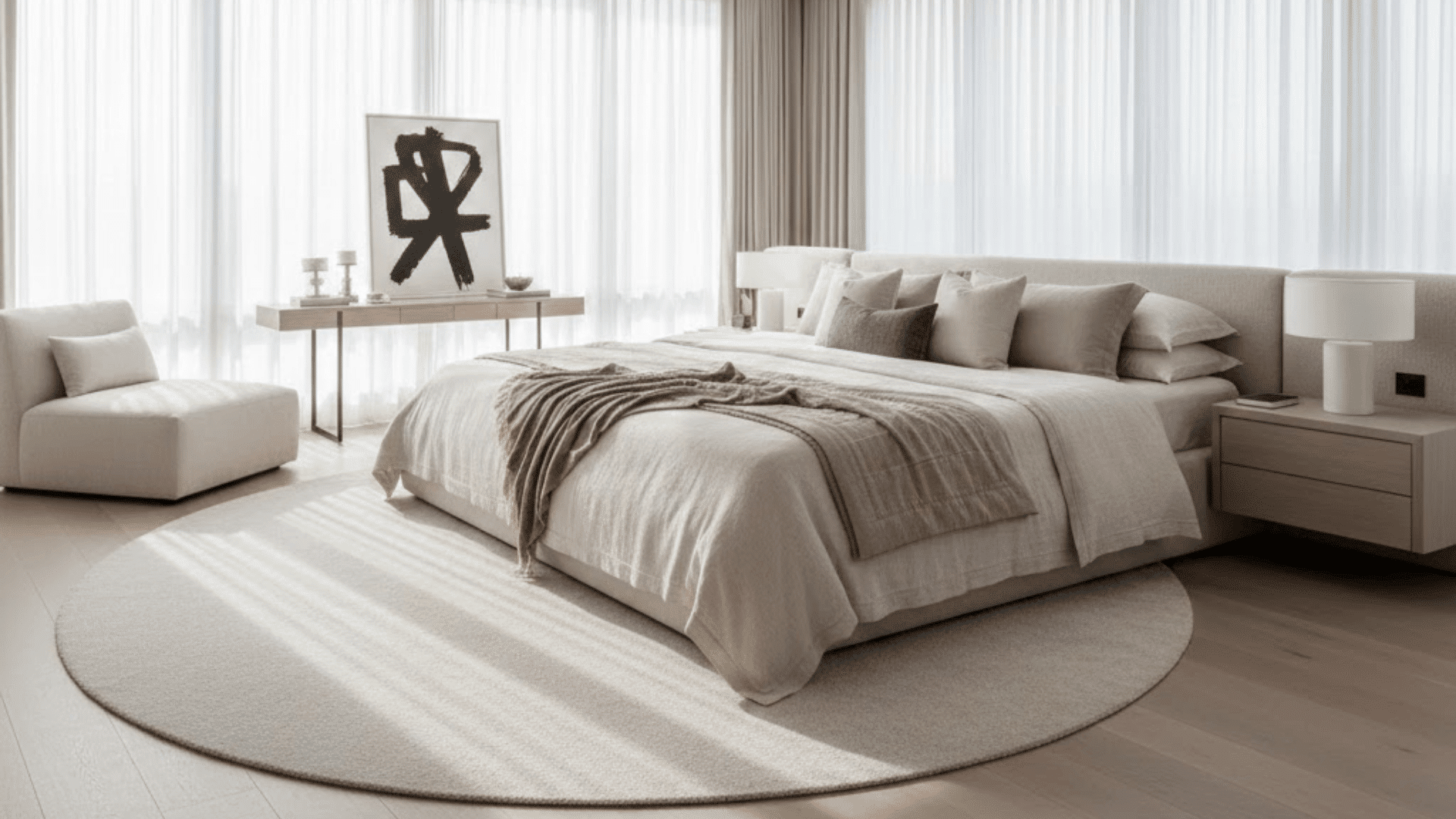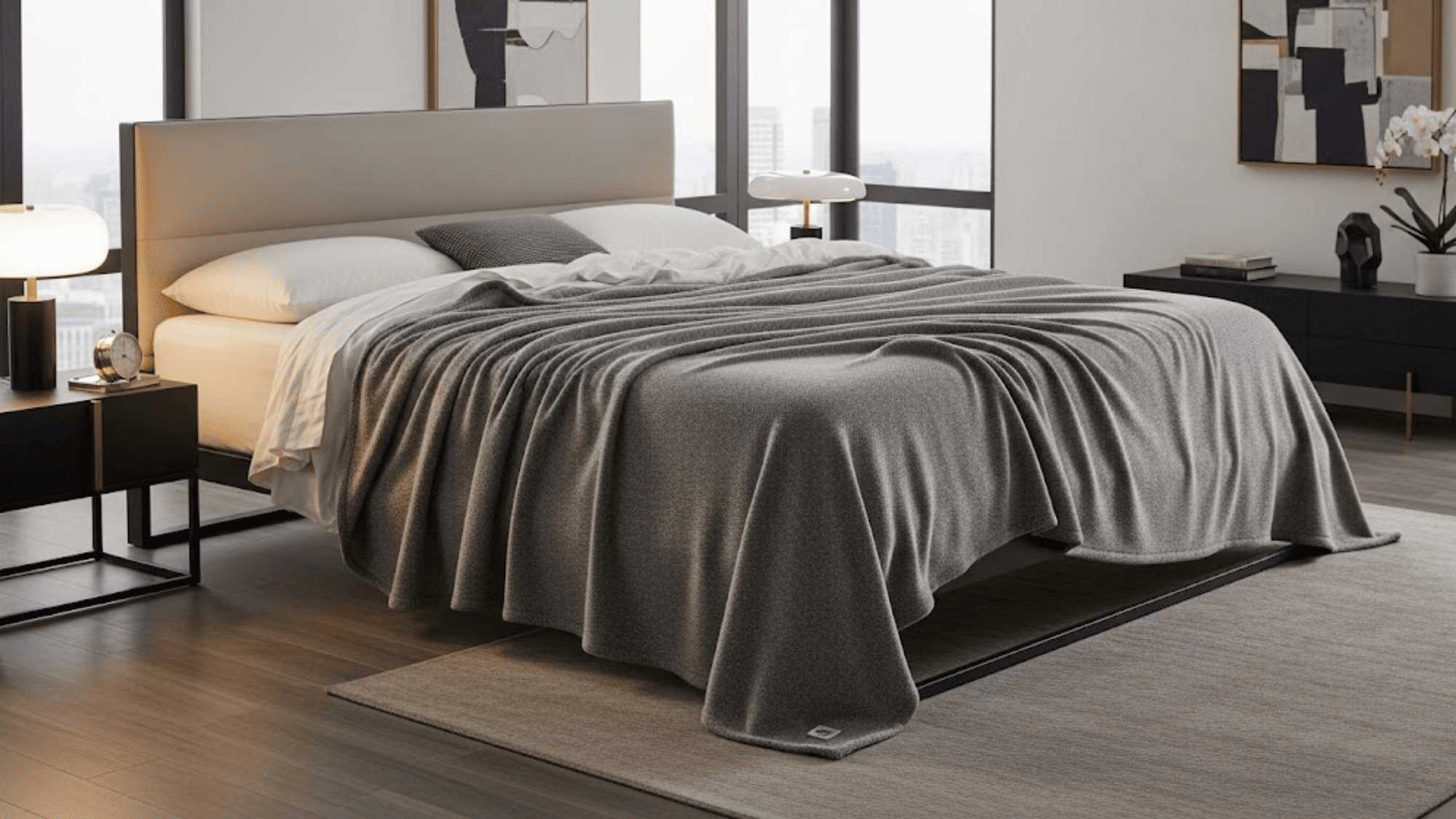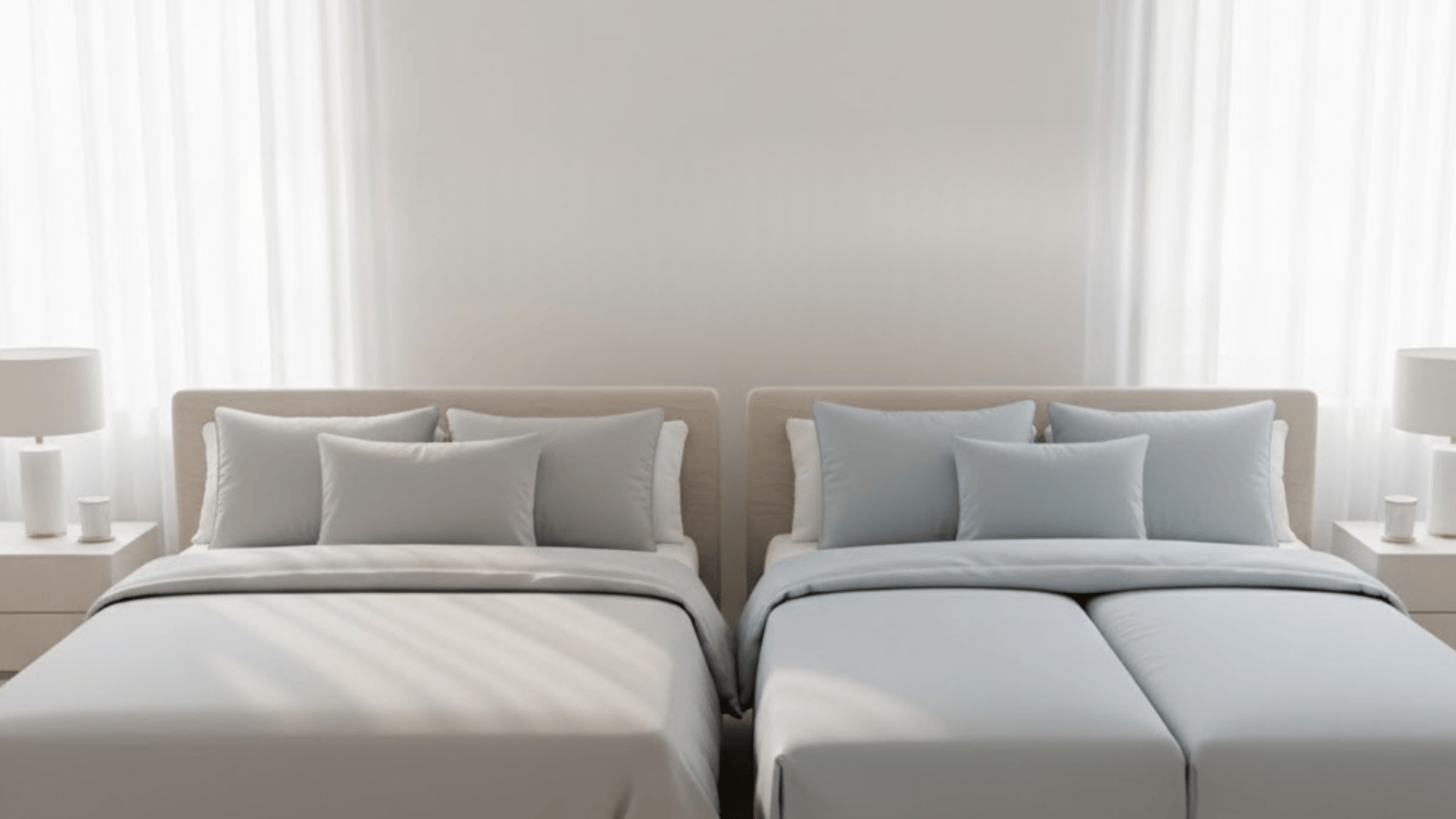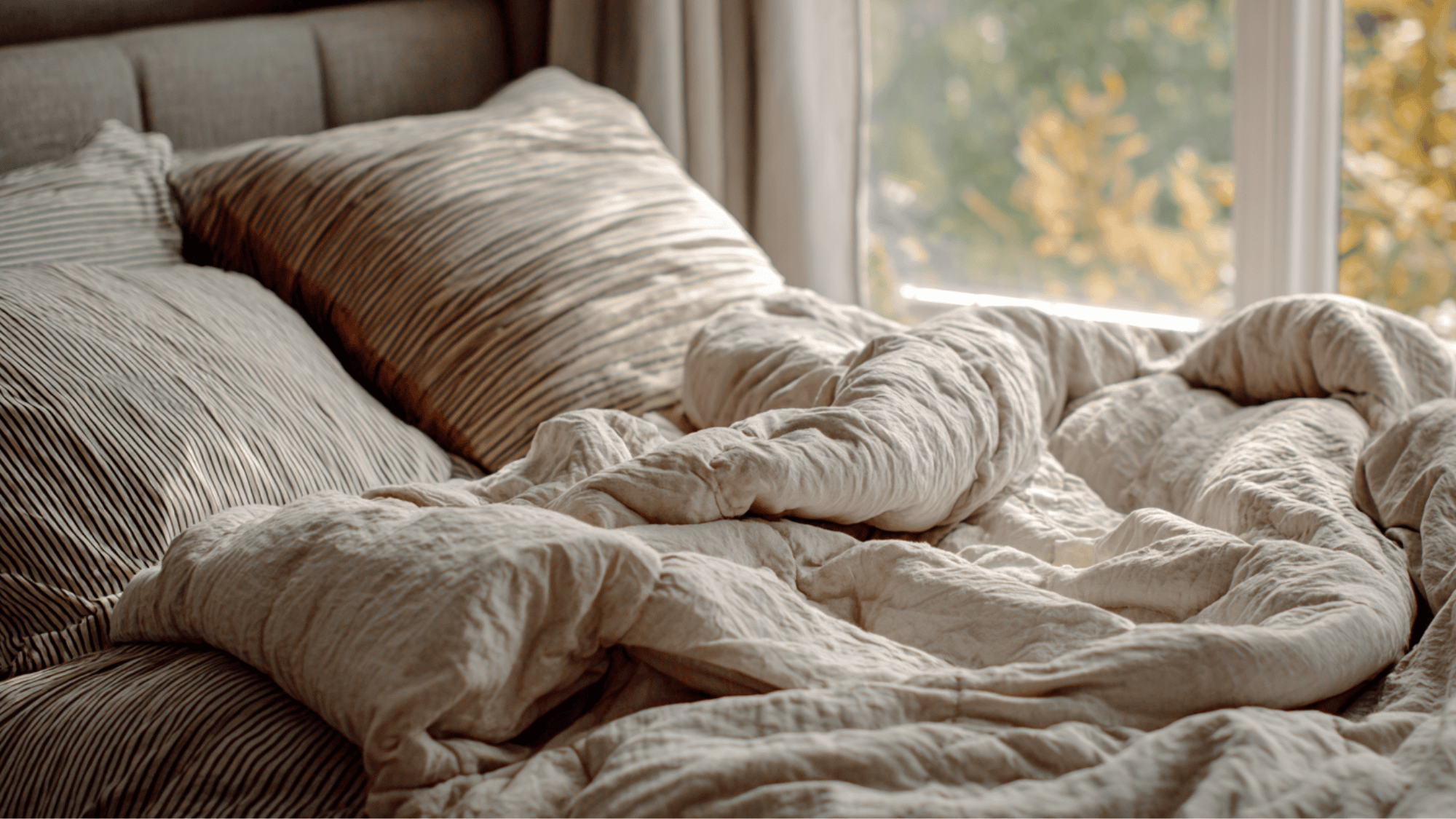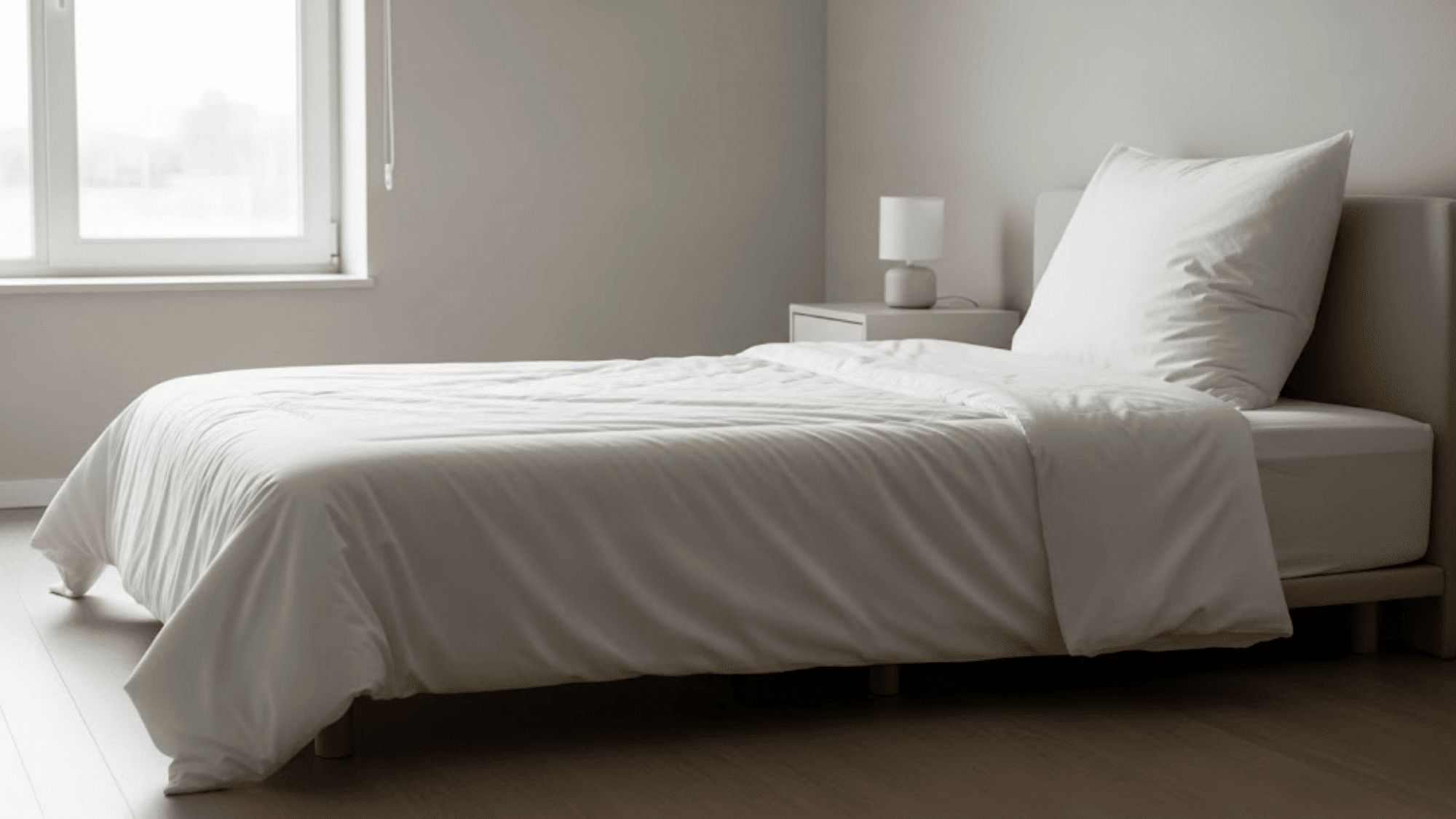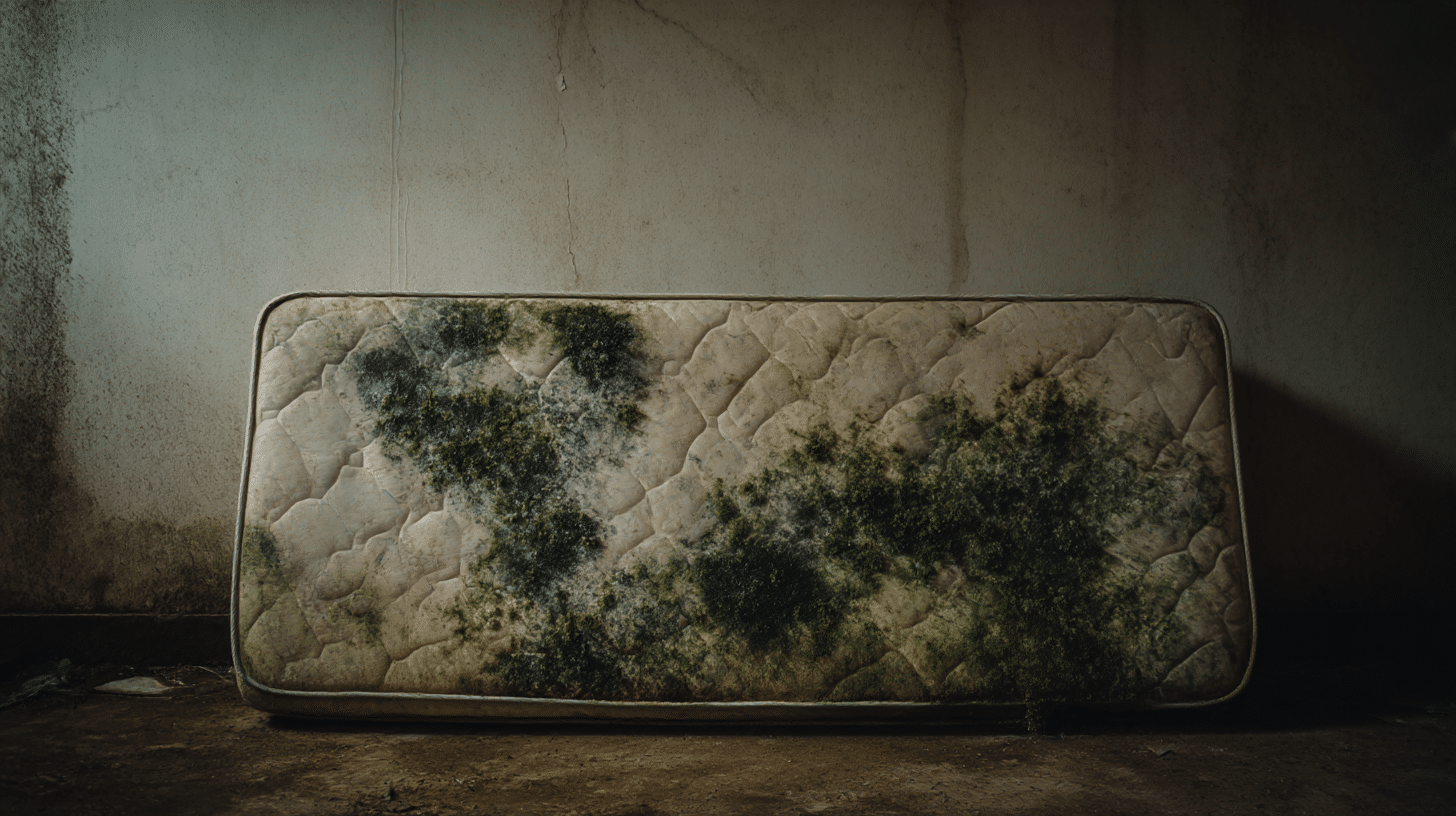Do you wake up feeling tired even after a whole night’s sleep? Maybe your partner complains about your loud snoring every night.
If breathing through your nose feels difficult, a deviated septum might be the hidden culprit behind your sleep troubles.
While millions of people struggle with sleep apnea and snoring, many don’t realize that their crooked nasal wall could be making things worse.
The good news? Understanding this connection can help you find better solutions for peaceful sleep.
Let’s find out how a deviated septum relates to sleep apnea and what you can do about it.
What Is a Deviated Septum?
Your nasal septum acts like a wall that separates your two nostrils. Think of it as the divider in your nose that should ideally run straight down the middle.
When this wall is crooked or off-center, doctors call it a deviated septum.
This condition can make one nostril much smaller than the other. Some people are born with it, while others develop it after a nose injury or as they age.
Up to 80% of people have some degree of septal deviation.
Most cases are mild and don’t cause problems. However, severe cases can make breathing through your nose feel like trying to suck air through a straw.
What Is Sleep Apnea?
Sleep apnea is a serious condition where your breathing stops and starts repeatedly during sleep. The most common type is obstructive sleep apnea (OSA).
In OSA, the muscles in your throat relax too much during sleep. This causes your airway to narrow or close completely. Your brain then wakes you up briefly to restart breathing.
This cycle can happen hundreds of times per night.
People with sleep apnea often experience loud snoring, gasping during sleep, morning headaches, and extreme daytime tiredness.
Can a Deviated Septum Cause Sleep Apnea?
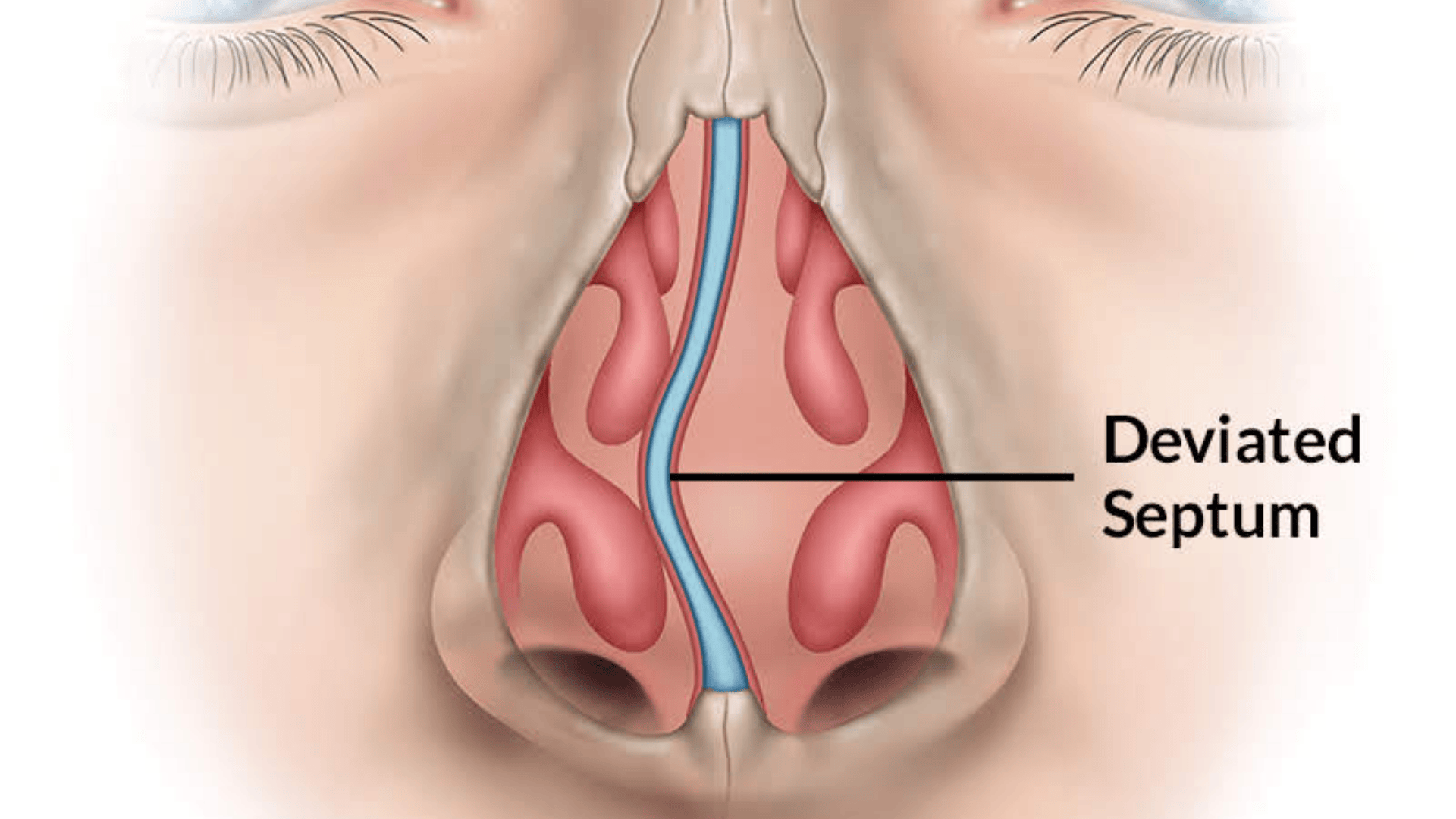

Here’s the straightforward answer: a deviated septum doesn’t directly cause sleep apnea by itself. However, it can make sleep apnea much worse.
How sleep apnea typically develops:
- Multiple factors work together (not just one cause)
- Being overweight puts pressure on the airways
- Large tonsils or adenoids block airflow
- Naturally narrow throat passages
How a deviated septum adds to the problem:
- A blocked nose forces mouth breathing during sleep
- Mouth breathing destabilizes the throat muscles
- Increased likelihood of airway collapse
The research is clear on this connection. A major 9-year study found that people with septal deviation had a 4.39 times higher risk of developing OSA compared to those without it.
Even more encouraging, patients who had corrective surgery saw their sleep apnea risk and severity decrease significantly.
Does a Deviated Septum Cause Snoring?
Yes, a deviated septum can cause snoring. When airflow through your nose is restricted, it creates turbulence as air tries to pass through the narrowed passage.
This turbulent airflow causes the tissues in your nose and throat to vibrate more intensely.
The result is louder, more frequent snoring that can disrupt both your sleep and your partner’s rest. Many people notice their snoring gets worse when they have a cold or allergies.
This happens because additional swelling further narrows the already restricted nasal passage from the deviated septum.
How a Deviated Septum Affects Your Sleep and Breathing
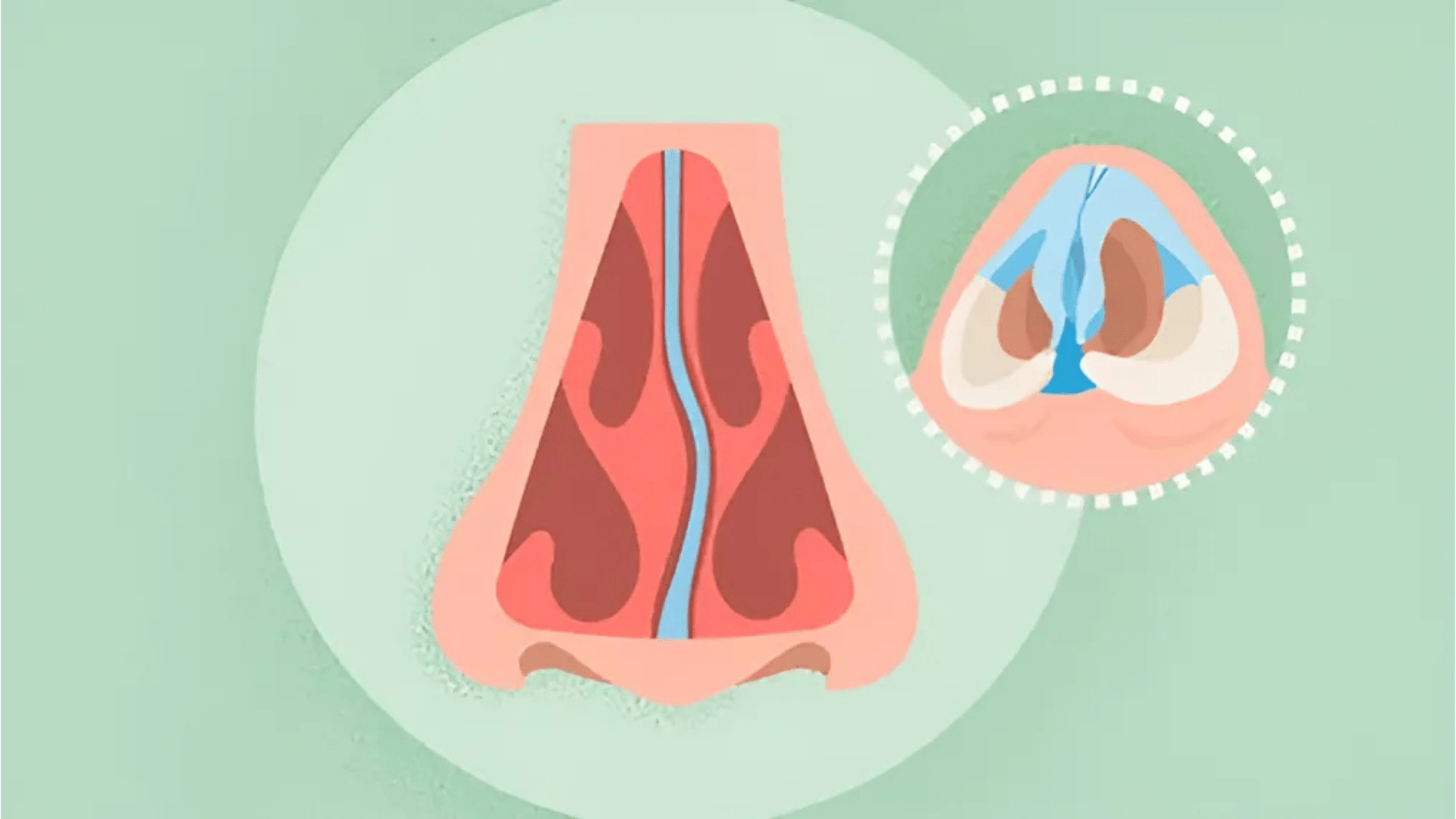

A deviated septum creates a domino effect that impacts your entire sleep experience. When your nose can’t do its job correctly, your body compensates in ways that hurt your sleep quality.
1. The Biggest Problem: Mouth Breathing During Sleep
Your nose naturally filters, warms, and humidifies the air you breathe.
When you breathe through your mouth instead, you lose these benefits. Your throat becomes dry and more prone to collapse.
This switch from nasal to mouth breathing happens automatically when your nose is blocked.
Unfortunately, mouth breathing during sleep sets up the perfect conditions for airway problems and poor sleep quality.
2. Key Ways a Deviated Septum Disrupts Your Sleep
You might not remember waking up, but these brief interruptions prevent you from getting deep, restorative sleep.
The increased effort required to breathe also puts extra strain on your respiratory system.
- Forces mouth breathing, which destabilizes the throat muscles
- Causes frequent micro-awakenings throughout the night
- Makes your throat dry and irritated
- Increases snoring intensity and frequency
These sleep disruptions can leave you feeling exhausted during the day. Many people are unaware that their nasal issues are the underlying cause of their poor sleep and persistent fatigue.
3. Impact on Sleep Apnea Treatments
When your nose is blocked, even the best sleep apnea treatments become harder to tolerate. CPAP masks that cover your nose may not work well if air can’t flow freely through your nasal passages.
- Makes CPAP machines uncomfortable to use
- Reduces the effectiveness of nasal-based therapies
- Can lower treatment compliance rates
- May require higher pressure settings
Many patients find that fixing their deviated septum first makes other sleep apnea treatments much more comfortable and practical.
This is why many doctors recommend addressing nasal problems as part of a complete treatment plan.
Getting Diagnosed and Finding Treatment
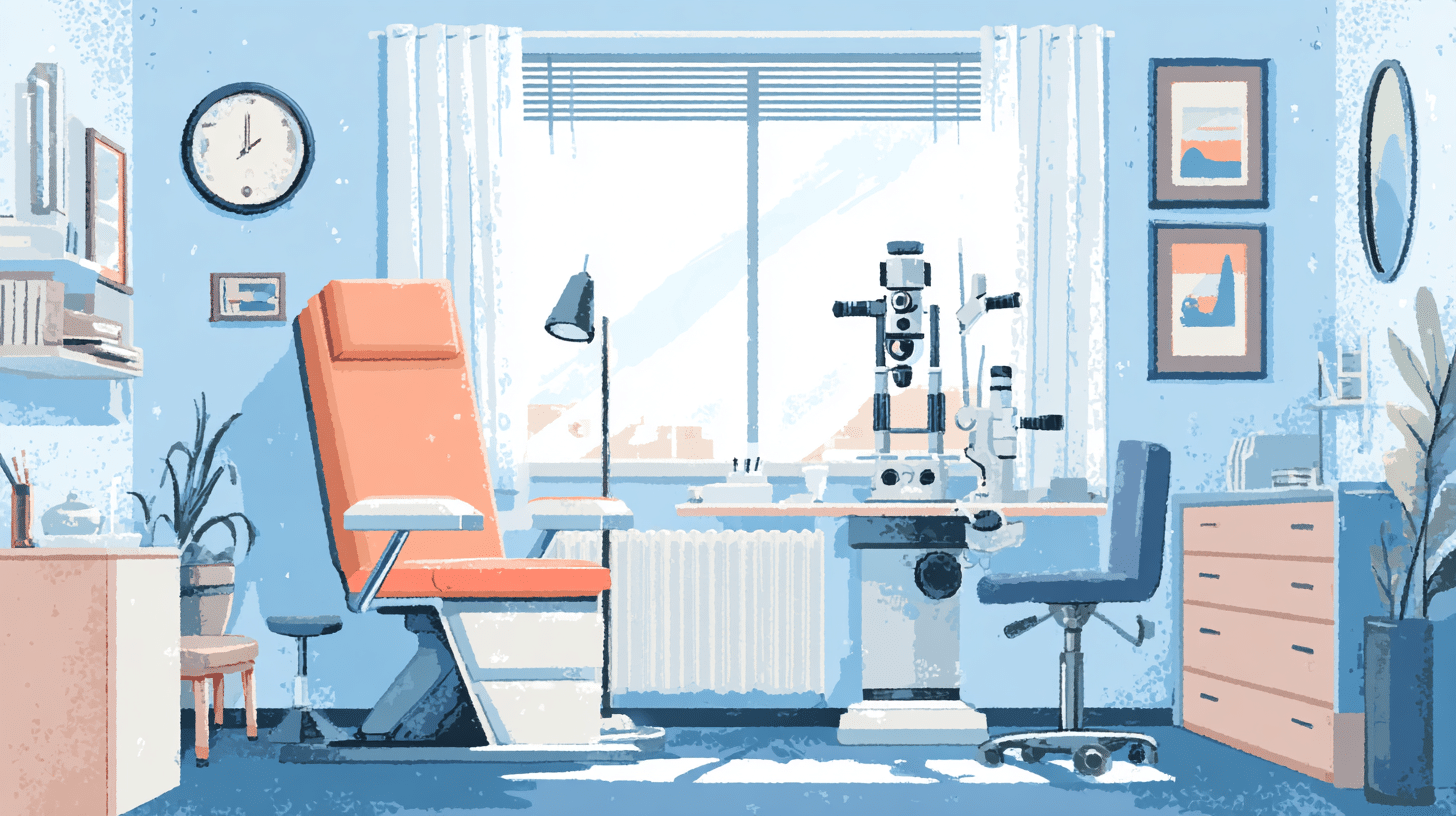

If you suspect a deviated septum is affecting your sleep, getting the correct diagnosis and treatment can make a huge difference in your sleep quality.
| Step | What Happens | What to Expect |
|---|---|---|
| ENT Consultation | Physical exam of the nasal passages | The doctor checks the septum position and breathing flow |
| Nasal Endoscopy | Tiny camera examines the inside of the nose | Detailed view of blockages and structural issues |
| Sleep Study | Overnight monitoring of sleep patterns | Tracks breathing, heart rate, and brain activity |
| Treatment Planning | The doctor reviews all test results | Personalized plan based on severity and symptoms |
Your treatment path depends on how severe your deviated septum is and how much it affects your sleep.
Treatment Options by Severity
Most people start with simple treatments before considering surgery.
| Mild Cases | Moderate Cases | Severe Cases |
|---|---|---|
| Nasal strips | Prescription nasal sprays | Septoplasty surgery |
| Saline rinses | Allergy medications | CPAP therapy |
| Sleep position changes | Breathing exercises | Combined treatments |
Remember that septoplasty usually works best as part of a complete sleep apnea treatment plan. It’s often combined with other therapies like CPAP, weight management, or lifestyle changes.
What Medical Experts Say
Leading medical institutions recognize the vital connection between a deviated septum and sleep problems.
The Cleveland Clinic notes that septal deviation can block airflow and contribute to both snoring and sleep apnea symptoms.
Sleep therapy experts at ResMed explain that while a deviated septum doesn’t cause sleep apnea directly, it can make symptoms worse and affect treatment comfort.
This perspective helps patients understand why addressing nasal problems is often part of comprehensive sleep apnea care.
Many ENT specialists now work closely with sleep medicine doctors to provide coordinated care.
This team approach ensures that both nasal obstruction and sleep apnea are treated effectively together.
Conclusion
While a deviated septum alone doesn’t cause sleep apnea, it plays a significant role in making sleep breathing problems worse.
The connection between deviated septum and sleep apnea symptoms is clear – nasal obstruction forces mouth breathing and increases airway collapse risk.
If you’re struggling with snoring or poor sleep quality, don’t ignore the possibility that your nose might be part of the problem.
Working with medical professionals to address both nasal obstruction and sleep apnea can lead to much better sleep and improved quality of life.
Ready to breathe easier and sleep better? Schedule a consultation with an ENT specialist today.


